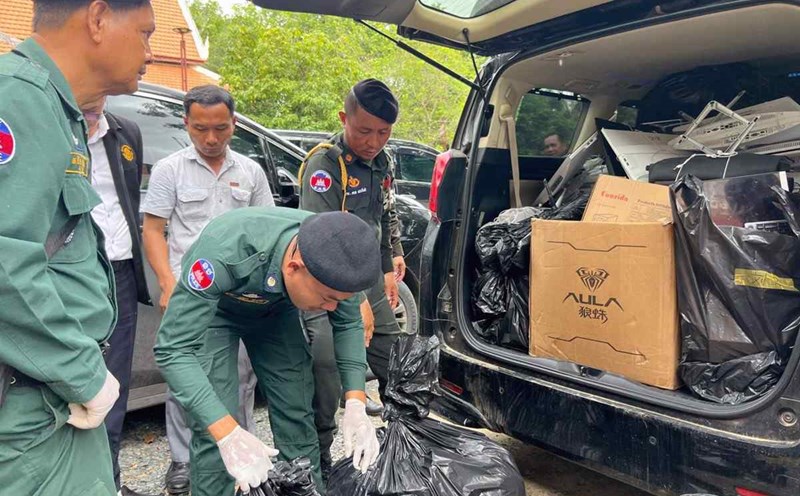Over the years, the team of village health workers and village midwives have made an important contribution to the work of initial health care in the community, especially in remote, isolated and disadvantaged areas. However, the current allowance level is still not enough to encourage and motivate this force to feel secure in their work.
According to Decision No. 75/2009/QD-TTg dated May 11, 2009 of the Prime Minister, each village and hamlet is allocated from 1 to 2 medical staff depending on the population size and operating area. During their working period, village health workers and village midwives will receive a monthly allowance, calculated according to the basic salary ratio. Specifically:
Level 0.5: Village health workers in disadvantaged communes, equivalent to 1.17 million VND/month.
Level 0.3: Village health workers in the remaining communes, equivalent to 702,000 VND/month (with the current basic salary of 2.34 million VND/month).
In addition, depending on the conditions, village health workers can receive additional support from other legal funding sources decided by competent authorities.
However, the allowance level of 0.5 and 0.3 compared to the current basic salary is assessed as not meeting actual needs. Many village health workers have quit their jobs or lost their enthusiasm to find other livelihoods to take care of their family life.
Faced with that reality, the Ministry of Health is drafting a Decree on a number of special allowance regimes for civil servants, public employees, and workers in public health facilities; including support regimes for health workers in villages, residential groups, and village midwives.
The draft proposes to increase the monthly support level to:
The basic salary is 0.7 for health workers in villages, residential groups and village midwives working in villages with 350 or more households; villages and hamlets in communes in disadvantaged areas according to Decision No. 1010/QD-TTg dated August 10, 2018; residential groups and neighborhoods with 500 or more households.
The basic salary level of 0.5 applies to the remaining villages, hamlets and residential groups.
Notably, the draft also empowers the People's Committees at the provincial level to base on the socio-economic situation and local budget capacity to submit to the People's Councils at the same level specific regulations on the number of health workers in villages, residential groups and village midwives.
If approved, the new policy promises to contribute to improving life, encouraging grassroots health care workers to continue to stick together, thereby improving the quality of health care for people in the community.











